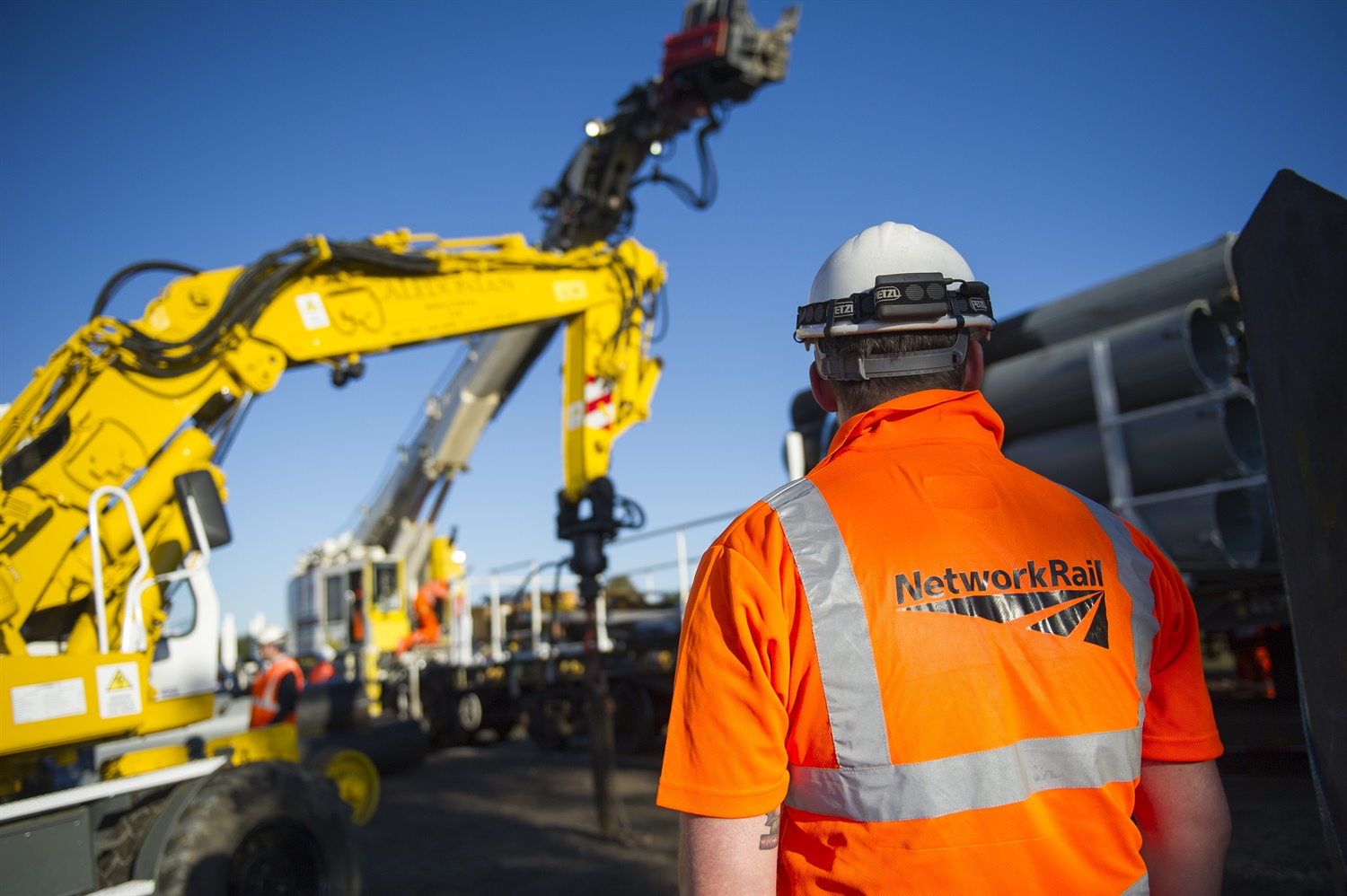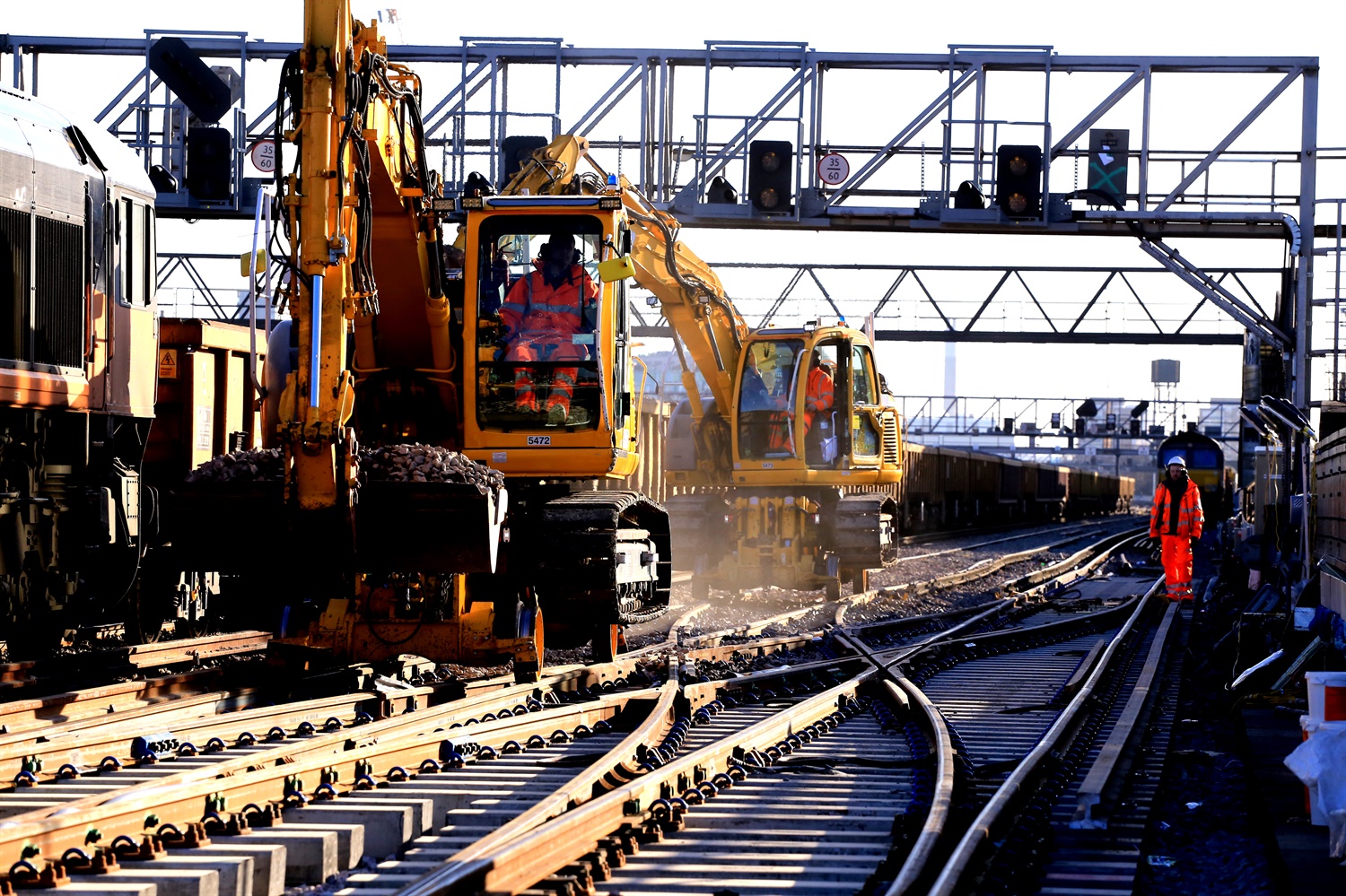03.03.17
Hendy: Devolution essential to meet the unprecedented growth challenge
Network Rail’s chair, Sir Peter Hendy, gives RTM an update on the infrastructure owner’s transformation plan and why financial discipline and devolution are the key building blocks to its success.
Seven months ago we published our transformation plan, ‘Delivering for our Customers’. The plan set out our vision of making a public sector organisation behave like a private sector business that puts customers first. We have now published an update that summarises what we have done to transform since July and highlights the significant progress we have made.
Transforming Britain’s railway is vital for economic growth, jobs and housing. The railway has been growing by 3-4% for 20 years, representing the fastest level of growth since the Victorian era – and passenger numbers are expected to double again over the next 25 years. But with rising passenger numbers comes rising congestion.
Though our infrastructure is the most reliable it has ever been, each incident on the railway now has a bigger impact and causes more knock-on delays than they did in the past. Addressing this capacity issue is a top priority for us, which is why delivering the ‘Railway Upgrade Plan’ – Network Rail’s £40bn spending and investment plan for Britain’s railways – is so vital. The plan is designed to provide more capacity, relieve overcrowding and respond to the tremendous growth the railways have seen, and will deliver a bigger, better railway with more trains, more reliable infrastructure and better facilities for passengers. The pressures of long-term underinvestment and the congestion many passengers face highlight challenges for the whole industry.

We are devolving to route businesses that focus on delivering outstanding performance and innovating with and for our customers. Moving from a centralised to a devolved structure is a big change, but it’s the right one to better deliver and rise to the challenges that lie ahead: further devolution, technological transformation and financial reform.
Devolution is the fundamental building block of our company transformation plan, empowering our routes to be more customer-focused and responsive.
We have increased the accountability of route managing directors and 99% of all work is now able to be approved at a route level. We are also strengthening the route leadership teams for the demands that are being placed on them. Our routes have already produced customer-aligned targets through new route scorecards. These will be the main way of measuring how the railway is performing as a whole in each region and route. This transformation, and ever closer working with freight and train operators, is essential if the railway is to properly meet the challenge of unprecedented customer growth and congestion.
Our approach is also about financial discipline, with a renewed focus on our core activities while being open and innovative about new sources of finance to fund our growing railway – we must become competitive and attractive to investors. That is why we are introducing senior business development roles in the routes to help us win new sources of third-party investment from those who benefit from railway enhancements, including the supply industry.
We want to build a culture of high performance where we are ‘better every day’. To do this, we are identifying the best lean training approach for our organisation. Network Rail’s job is to help support Britain’s economic growth by providing the railway that Britain needs today and in the future. If there are investors or others with expertise in key areas who can help us do that, then we should look to embrace those opportunities. We are always seeking to lower costs, improve efficiency, make faster decisions and foster an inclusive culture where all ideas are welcomed and considered.
Our policy completely aligns with the secretary of state’s view on the alignment of track and train.

As I’ve said, devolved businesses will enable us to work much more closely with our customers – train operators, freight operators and passengers – so they’ll have better flexibility to respond to their changing needs and demands, where track and train work hand in glove for the benefit of passengers and businesses. Our route scorecards now comprise targets and incentives set by our customers, and each route will have a supervisory board with an independent chair and a passenger representative to oversee the delivery of the targets in their area. We are piloting this approach on the Western route first where we are joining forces with Great Western Railway, Heathrow Express and Transport Focus. Other routes will follow in the coming months, learning from Western’s best practice – putting local customer needs and priorities at the forefront of their work.
We are also working across the railway industry to implement the Digital Railway – 21st century technology which will enable capacity and reliability increases so we’re able to accommodate growth. This isn’t just an infrastructure programme, it’s a whole-industry change programme that has to succeed and which has already attracted government funding of £450m.
All in all, the railway – and the people who work in it – have a bright future if we work together to welcome and accommodate growth.
For more information
The Transformation Plan progress update can be accessed at:
W: tinyurl.com/NR-TransformationPlan-Update